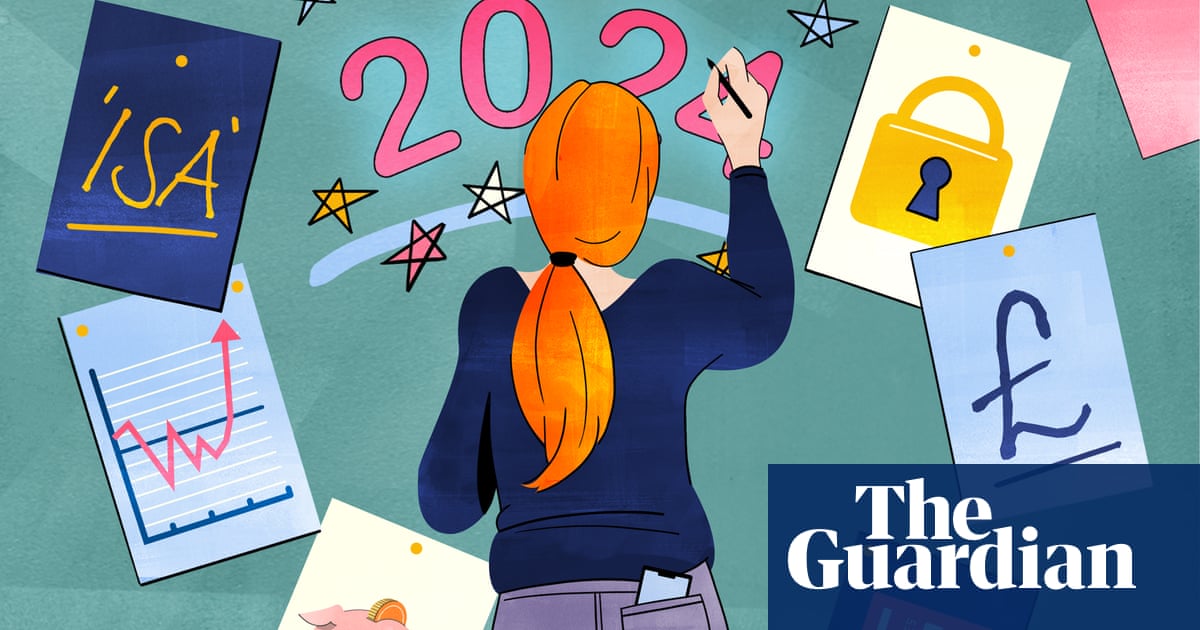
It’s here. The time of year when every single marketing email you’ve signed up for over the course of the last few years – to get that tempting introductory discount perhaps – comes back to haunt you. A terrifying flurry of discounts, all for a limited time only, often with an additional dose of emotional blackmail about how buying this product will make you a better person, friend, parent, sibling.
Each year, the Black Friday emails come thicker, faster and earlier, with a vigour rivalled only by the Hogwarts owls, and the spectre of last year’s semi-cancelled Christmas has rendered most of us more vulnerable to manipulative marketing than ever.
There are probably few more qualified to talk about the cumulative effect of a difficult relationship with money and an unfortunate susceptibility to clever marketing than me, given that my own path into writing was through sharing the process of paying off a five-figure debt. If I could portion out the £27,000 into different reasons, some of it would be about simply trying to survive, some would be frivolity, but the vast majority would be in some way linked to my need to please others, and to keep up appearances at any cost, financially or otherwise. Giving was my achilles heel; if I found the perfect present, I would always justify the expense somehow. My way of showing that I cared was through material generosity, and I always had to be the one to give more.
Too proud to ask for help or admit that I was drowning in financial difficulty, I racked up more debt trying to prove that I was fine, until March 2019, when everything finally came undone. My breaking point came on an otherwise unremarkable morning, when my bank called me to ask why I was in an unarranged overdraft, and when I’d be able to clear it. “There’s just … no money left,” I heard myself say to the woman on the phone when she asked why I wouldn’t be able to fix things more quickly. And when I came off that phone call, awash with despair but also, if I’m honest, a little bit of relief at having finally said it, I did the obvious thing. I started an Instagram account.
The last couple of years of documenting my progress out of debt and examining the reasons why I ended up there in the first place have taught me a lot, but my biggest triumph has been growing some resilience to the exact type of marketing we find ourselves pelted with at this time of year.
The techniques enlisted by retailers around Black Friday are now in play all year round – the perfectly timed Facebook ads, the addition of a “buy now, pay later” banner to your abandoned online shopping cart, the way that one dress follows you around the internet until you finally give in and buy it – but at Christmas, and especially against a pandemic backdrop, those techniques are both generously applied and increasingly effective.
I have noticed among friends and acquaintances a type of trauma response to the changing of the seasons this year. Many are low and anxious, afraid to make plans with the wreckage of last Christmas still fresh in their minds, while others are marching into the festive period with a grim determination to make this year “better [for which read: more expensive] than ever”. Both sentiments make fertile ground for overspending and over-consuming, and the messaging used in almost every ad campaign only serves to reinforce this. In my email inbox, Paperchase commands me to “make up for lost Christmastime” by “spoiling them silly”, while Tesco’s TV advert that shows people overcoming Covid and the supply-chain crisis to make sure that “this Christmas, nothing is stopping us” makes me feel “to hell with the consequences” when adding to my basket.
The biggest piece of advice I can give you as we head into this next few weeks? Unfollow, unsubscribe and turn off “off-Facebook activity” (Google it, you won’t regret it). For presents, make a list and stick to it. Look to gift guides – or just ask the person what they want – rather than aimlessly browsing the internet, collecting cookies and losing your mind. If you manage to get a discount, don’t feel you need to make up the extra money with another gift. Remember that it’s only a bargain if you were going to buy it anyway, and this won’t be the only chance you get to buy that particular thing. And even if it is, I promise you’ll quickly forget about it. It’s just stuff, after all.
Clare Seal is the author of My Frugal Year












